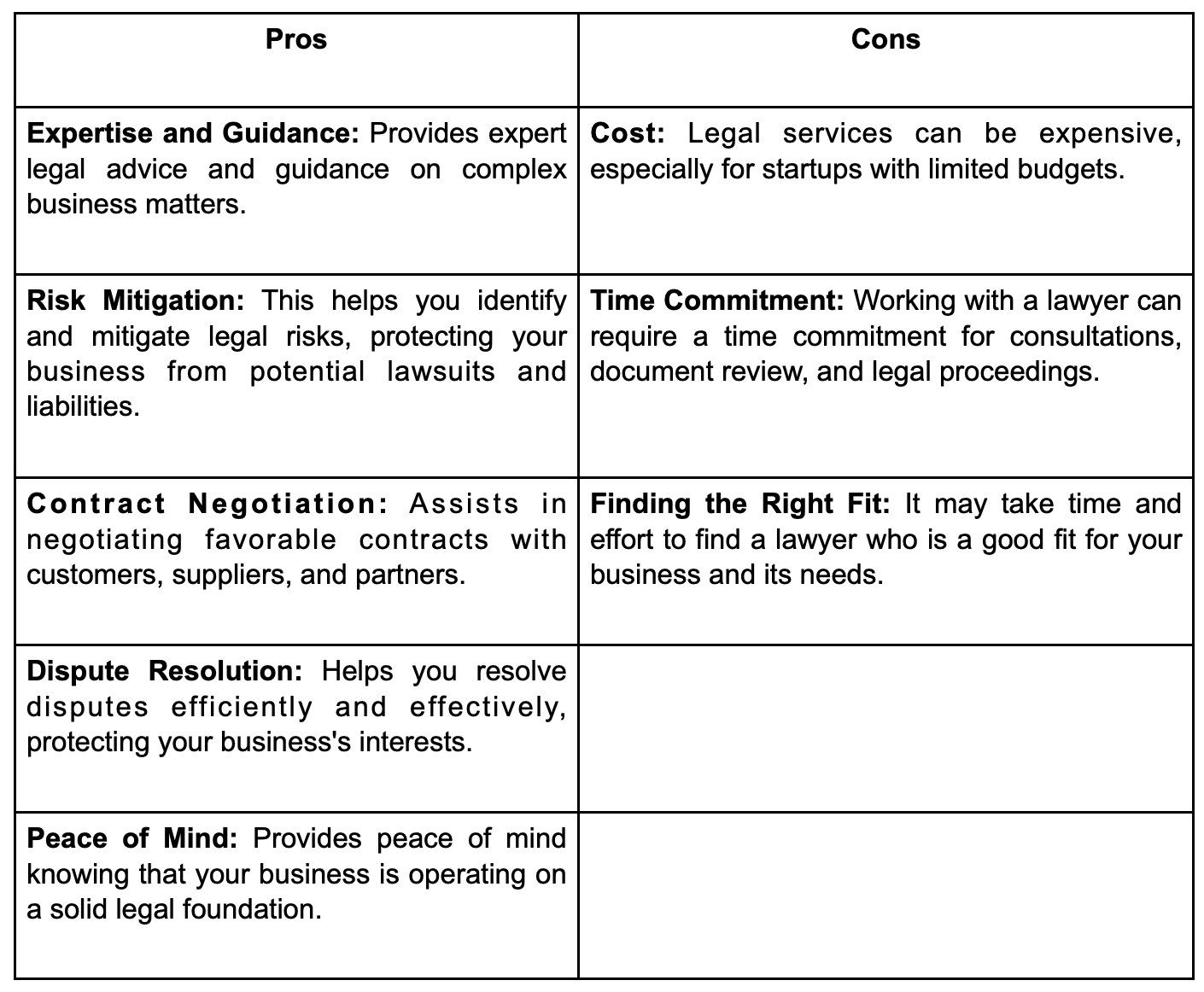By investing in legal expertise, entrepreneurs can focus on their core business goals with confidence, knowing that their venture is built on a solid legal foundation.
Launching a new business venture is an exciting journey filled with possibilities and challenges. Entrepreneurs pour their heart and soul into their ideas, driven by passion, innovation, and the dream of success. But amidst the excitement, it’s crucial to remember that a solid foundation is essential for long-term growth and stability.
Just as a building needs a strong foundation to withstand the test of time, a business requires a solid legal framework to navigate the complexities of the marketplace and protect its interests. Seeking legal expertise early on can prevent costly mistakes, ensure compliance with regulations, and provide a roadmap for sustainable growth. For entrepreneurs in areas like Boise, Idaho, seeking the guidance of a Boise Idaho business formation attorney can be a valuable step in establishing a strong legal foundation for their venture.
The Importance of Legal Counsel for Startups
A lawyer can be an invaluable asset for startups, guiding a wide range of legal matters that can impact a business’s success. From choosing the right legal structure to drafting contracts and protecting intellectual property, a lawyer’s expertise can help entrepreneurs navigate the complexities of business law and avoid costly pitfalls.
Common legal challenges faced by startups include:
- Choosing the Right Legal Structure: Selecting the appropriate legal structure (sole proprietorship, LLC, corporation) has significant implications for liability, taxation, and administrative requirements.
- Drafting Contracts: Well-drafted contracts with customers, suppliers, and employees are essential for protecting a business’s interests and avoiding disputes.
- Protecting Intellectual Property: Safeguarding trademarks, copyrights, and patents is crucial for preserving a business’s competitive advantage.
- Compliance with Regulations: Navigating complex regulations, such as employment laws, environmental regulations, and industry-specific requirements, can be challenging for new businesses.
Key Legal Considerations for New Businesses
One of the first and most important decisions for any new business is choosing the right legal structure. This decision has significant implications for the business’s liability, taxation, and administrative burden.
- Sole Proprietorship: This is the simplest structure, where the business is owned and operated by one person. The owner is personally liable for the business’s debts and obligations.
- Partnership: A partnership involves two or more individuals who agree to share in the profits or losses of a business. Partners are jointly liable for the business’s debts.
- Limited Liability Company (LLC): An LLC provides limited liability protection to its owners (members), meaning their assets are protected from business debts.
- Corporation: A corporation is a separate legal entity from its owners (shareholders), offering the highest level of liability protection.
Protecting Your Business: Intellectual Property and Contracts
In today’s knowledge-based economy, intellectual property (IP) is a valuable asset for any business. Protecting your IP, including trademarks, copyrights, and patents, is crucial for maintaining your competitive advantage and preventing others from using your ideas or creations without your permission. This is particularly important for businesses dealing with sensitive information or unique inventions, where legal disputes over IP ownership can arise. In such cases, seeking the expertise of specialized legal professionals, such as an estate and trust litigation attorney in Boise, Idaho, or a lawyer specializing in intellectual property law, can be crucial for protecting your business’s valuable assets.
A lawyer can help you secure these protections by:
- Trademark Registration: Registering your trademarks with the U.S. Patent and Trademark Office to protect your brand name, logo, and other identifying marks.
- Copyright Protection: Securing copyright protection for your original works, such as website content, marketing materials, and software.
- Patent Applications: Filing patent applications to protect your inventions and innovations.
In addition to IP protection, well-drafted contracts are essential for any business. Contracts with customers, suppliers, and employees should clearly define the terms of the agreement, outlining each party’s rights and obligations. A lawyer can help you draft and review contracts to ensure they are legally sound and protect your business’s interests.
Beyond Business Formation: Ongoing Legal Needs
The need for legal expertise doesn’t end with the initial formation of your business. As your business grows and evolves, you’ll encounter new legal challenges and opportunities. A lawyer can provide ongoing support and guidance on matters such as:
- Regulatory Compliance: Ensuring your business complies with all applicable laws and regulations, such as employment laws, environmental regulations, and industry-specific requirements.
- Contract Negotiations: Negotiating contracts with customers, suppliers, and partners to secure favorable terms and protect your business’s interests.
- Dispute Resolution: Resolving disputes with customers, employees, or other parties, either through negotiation, mediation, or litigation.
- Mergers and Acquisitions: Providing legal guidance and support during mergers, acquisitions, or other significant business transactions.
Building a long-term relationship with a lawyer who understands your business and its legal needs can be a valuable asset as you navigate the challenges and opportunities of entrepreneurship.
Finding the Right Legal Expertise
Choosing the right lawyer for your business is a crucial decision. Look for a lawyer who has experience in business formation and the specific legal needs of your industry. Consider factors such as:
- Specialization: Does the lawyer specialize in business law, and do they have experience with startups and entrepreneurs?
- Experience: How long has the lawyer been practicing, and do they have a track record of success in helping businesses like yours?
- Reputation: What is the lawyer’s reputation in the legal community and among their clients?
- Communication Style: Does the lawyer communicate clearly and effectively? Do you feel comfortable discussing your business needs and concerns with them?
You can find qualified business lawyers through referrals from other entrepreneurs, business organizations, or online legal directories. Schedule consultations with several lawyers to discuss your needs and assess their expertise and compatibility.
For those located in Boise, Idaho, seeking an estate planning attorneys in Boise, Idaho, or a trust attorney Boise, Idaho, can provide valuable insights into protecting personal assets and planning for the future, which can be especially important for entrepreneurs.
Pros and Cons of Hiring a Business Lawyer

Conclusion
Building a strong legal foundation is crucial for the success of any business venture. Seeking legal expertise early on can help entrepreneurs navigate the complexities of business law, avoid costly mistakes, and protect their interests. This includes seeking advice on matters related to trusts and estates, which can be especially important for business owners. In areas like Boise, Idaho, consulting with a trust attorney Boise, Idaho can provide valuable insights into setting up trusts, managing assets, and planning for the future. From choosing the right legal structure to drafting contracts and protecting intellectual property, a lawyer can provide invaluable guidance and support throughout the entrepreneurial journey.
By investing in legal expertise, entrepreneurs can focus on their core business goals with confidence, knowing that their venture is built on a solid legal foundation. Whether you’re just starting or looking to expand your business, proactive legal planning can help you navigate challenges, seize opportunities, and achieve long-term success.


Join the conversation!